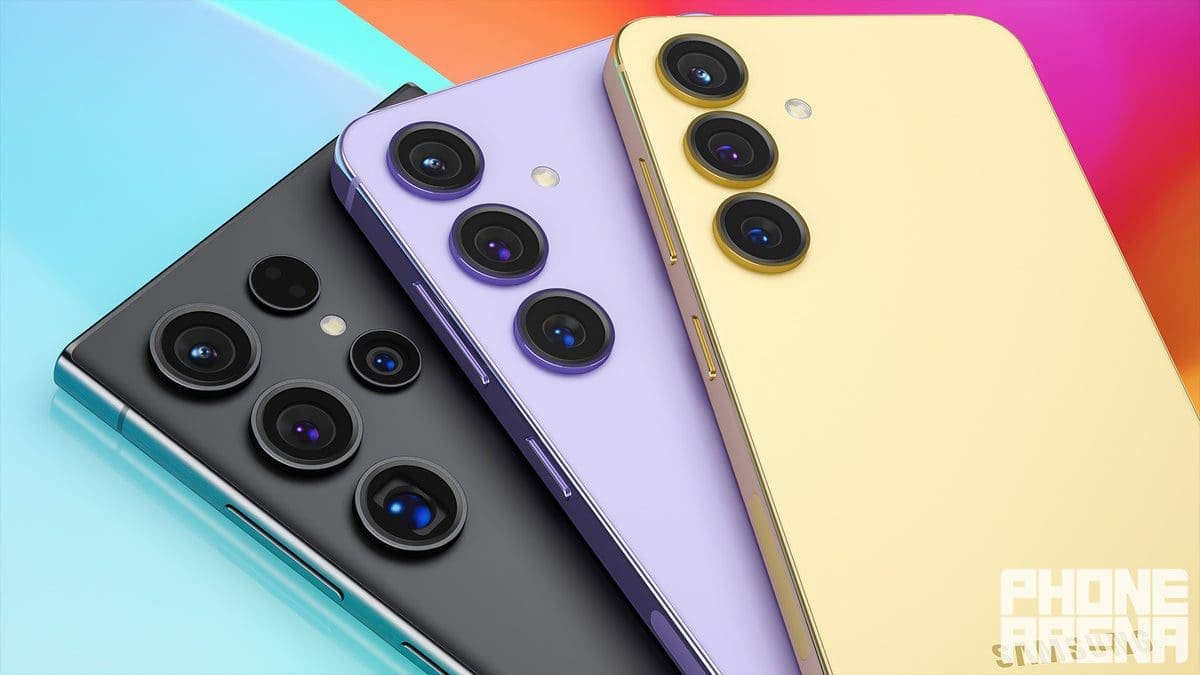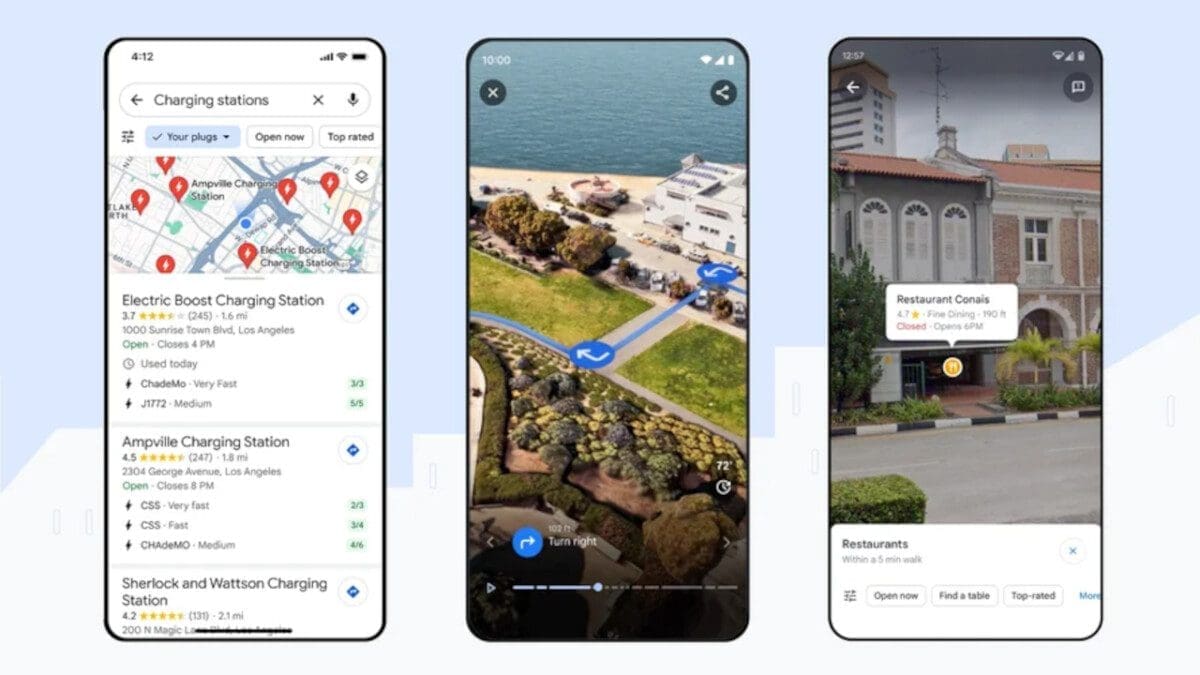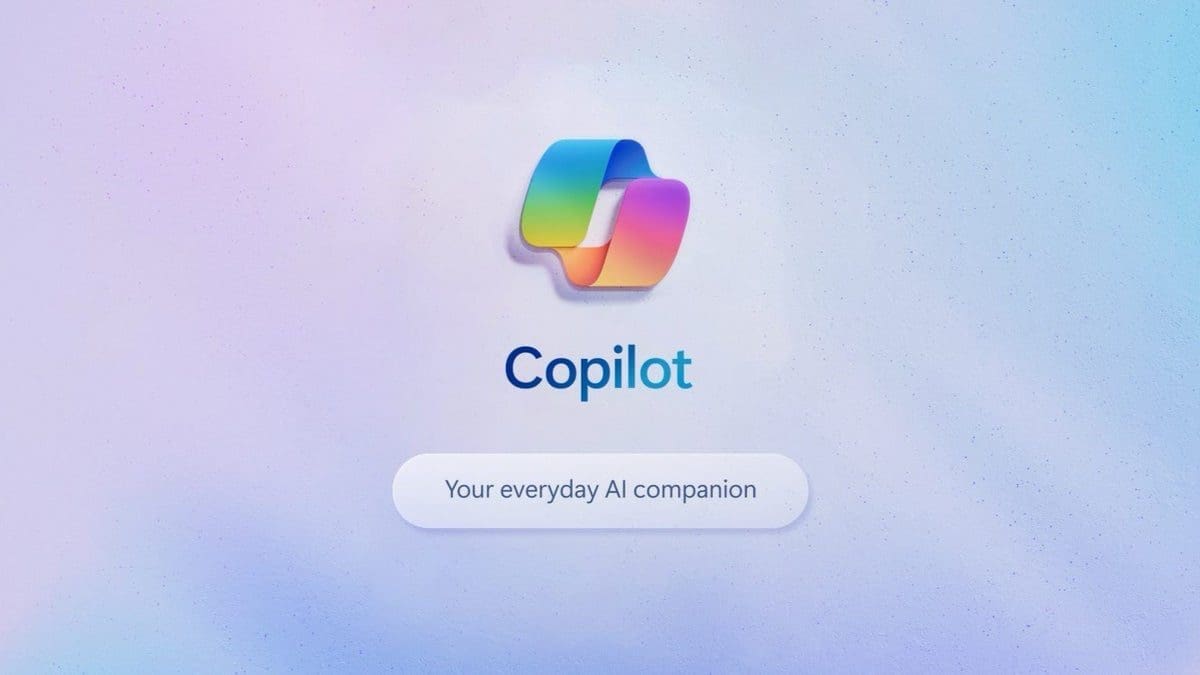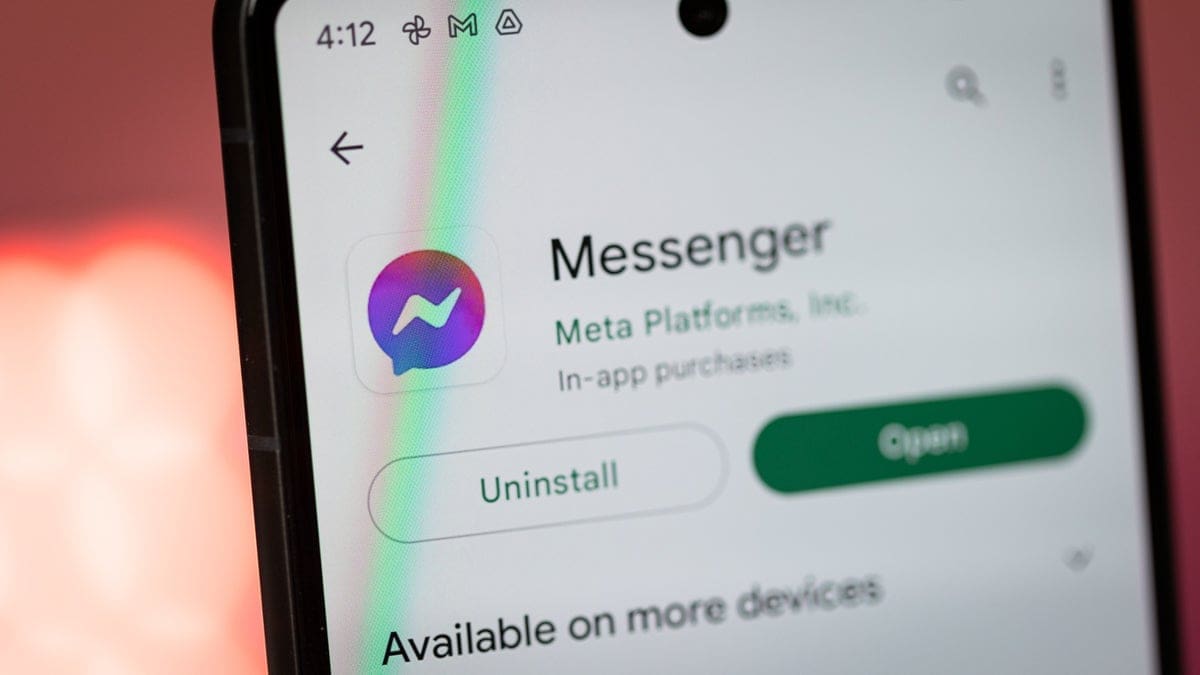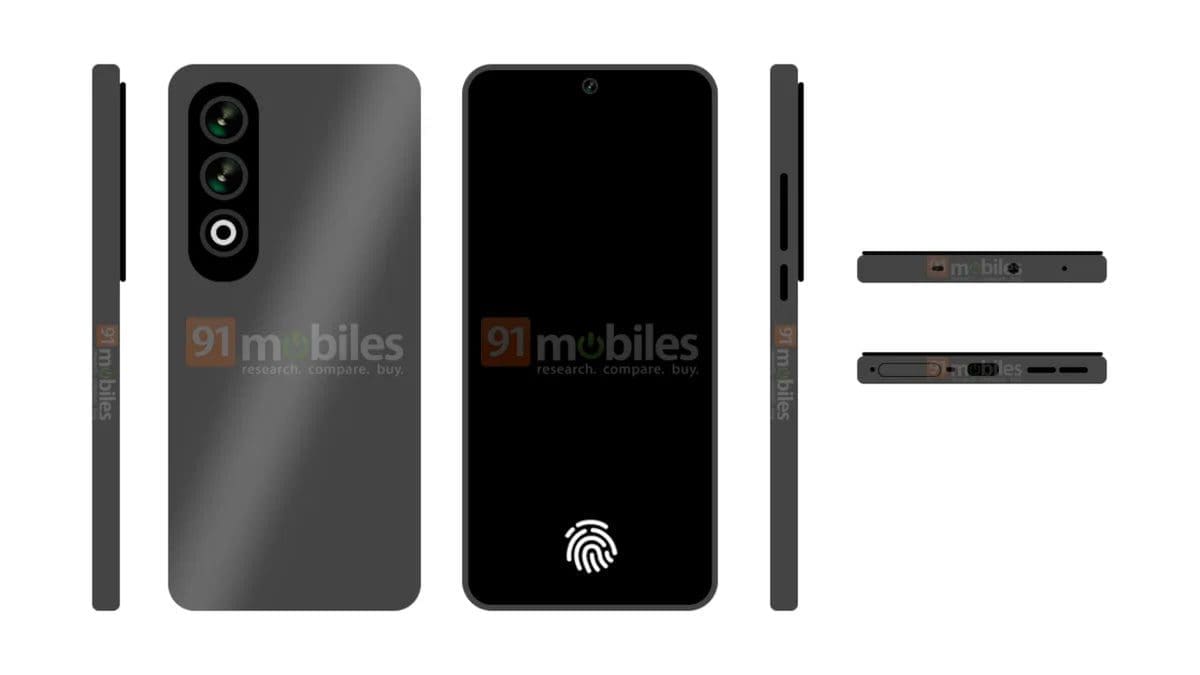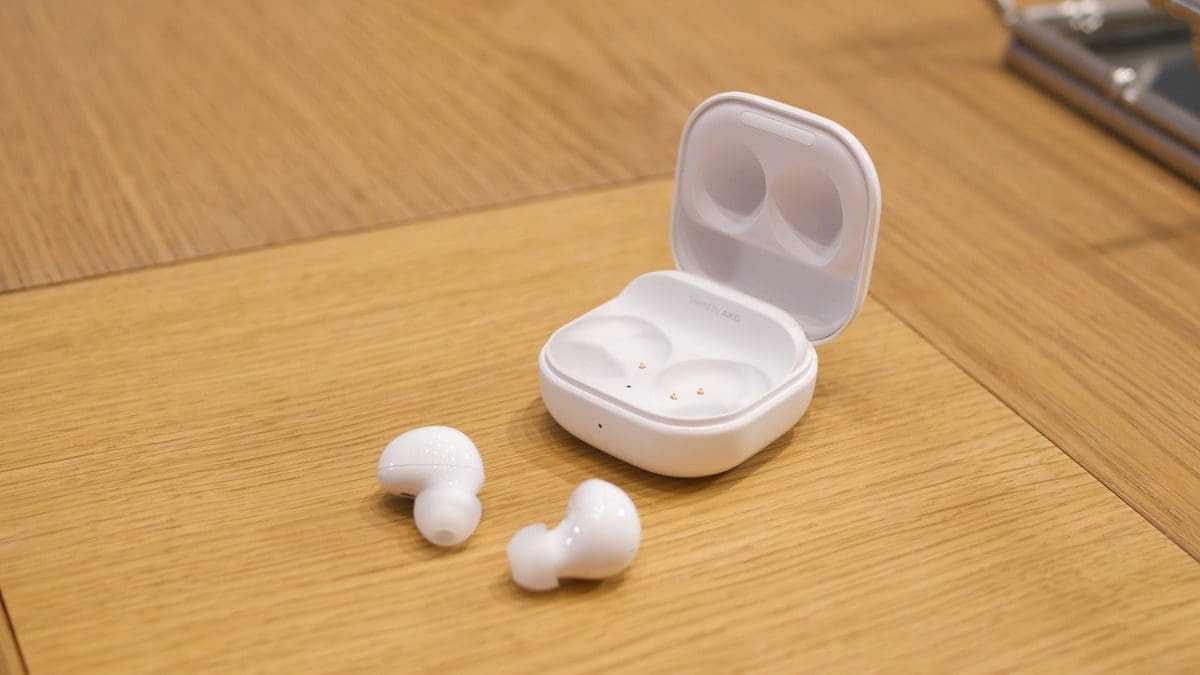Each tech manufacturer is constantly trying to be the first to come out with the next big thing, all for the sake of being the first to introduce a new upgrade. And in this era where it seems we have reached a certain plateau in terms of mobile tech evolution, new upgrades are more important than ever.Well, one such upgrade that Samsung and Apple are in a hurry to introduce is a non-invasive blood glucose (or blood sugar) monitoring feature with their next smartwatches. Apple has long been trying to include this in its wrist wearables, even with the first Apple Watch back in 2015.
A new report by Bloomberg (paywalled) states that Samsung is currently working on introducing the same feature. This is part of the company’s ongoing mission to widen its arsenal of health features on the devices it offers and, in fact, said blood glucose monitoring feature is also rumored to come with the anticipated Galaxy Ring, which might come later this year.
If we can do continuous blood pressure and glucose, we’re in a whole different ball game.
Bloomberg’s report continues to reveal that Samsung is looking into increasing the amount of health data it can offer to its customers by using sensors in different parts of the body.
Unfortunately, though, Mr. Pak has not mentioned any rough estimate as to when we can expect to see continuous blood pressure and glucose monitoring, but he did share his hopes that it will happen in the next 5 years.
Now, for some context, we should mention that there already are smartwatches that can measure your blood pressure, the Galaxy Watch 5 being one of them. However, we have yet to see a smartwatch that measures blood pressure continuously.
Why non-invasive blood glucose monitoring on wearables is a big deal?
As it currently stands, measuring your blood sugar levels requires drawing blood by puncturing your skin with a glucometer. This can be a cumbersome and unpleasant process, and discomfort is the main issue Samsung and Apple are trying to solve by creating a wearable with non-invasive blood glucose monitoring. This would be a major change, especially for diabetics, who have to keep track of their glucose levels regularly.
There is still a long way to go
However, achieving this technological feat is much more difficult. Not only because it requires innovations in technology that have been in the works for more than a decade but also because the measurement has to be absolutely accurate. Unlike the heart-rate monitor, which helps you keep track of your pulse during cardio workouts, diabetics and doctors rely on blood glucose monitoring to provide the correct insulin dosage, including other types of medication.
Regulatory bodies like the FDA, for example, will have to approve a device that reads blood glucose levels, as even the slightest incorrect reading can lead to serious health-threatening implications. So, even if all of the technological hurdles are overcome, there’s the process of getting approval from an organization such as the FDA, which can take years. So, the 5 years that Samsung’s Hon Pak is hoping for actually seem realistic, if not a little optimistic even.
Suffice it to say, it will be a technological step no matter which company ends up being the first to introduce non-invasive blood glucose monitoring on a wearable device, regardless of whether it is Samsung, Apple, or someone else entirely.


